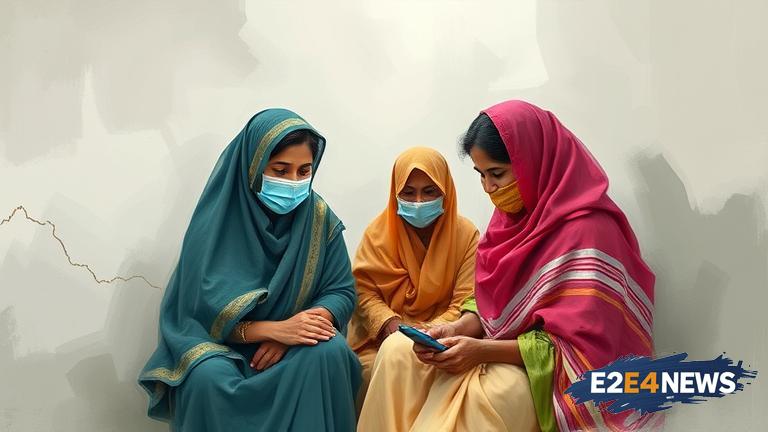Bangladesh has been making remarkable progress in its healthcare system over the past few decades. The country has seen significant improvements in life expectancy, infant mortality rates, and the overall health and wellbeing of its citizens. However, despite these achievements, Bangladesh still faces numerous challenges in its healthcare sector, including a shortage of medical professionals, inadequate infrastructure, and limited access to healthcare services in rural areas. The country requires the help of the international community to sustain its progress and address these challenges. The World Health Organization (WHO) has praised Bangladesh for its efforts in improving healthcare, but has also emphasized the need for continued support and investment. Bangladesh has made significant strides in reducing child mortality rates, with a decline of over 70% since 1990. The country has also seen a significant increase in life expectancy, with the average Bangladeshi now living up to 72 years. Furthermore, Bangladesh has made notable progress in reducing the prevalence of infectious diseases such as tuberculosis and malaria. However, the country still struggles with a high burden of non-communicable diseases, including diabetes, heart disease, and cancer. The government of Bangladesh has implemented various initiatives to improve healthcare, including the expansion of healthcare services to rural areas and the introduction of health insurance schemes. Nevertheless, more needs to be done to address the shortage of medical professionals and the inadequate infrastructure in the country. The international community can play a crucial role in supporting Bangladesh’s healthcare sector by providing financial assistance, technical expertise, and capacity-building programs. Donor countries and organizations can also help by providing medical equipment, supplies, and technology to improve healthcare services. Additionally, international partnerships can facilitate the exchange of knowledge, expertise, and best practices in healthcare, enabling Bangladesh to learn from other countries and adapt successful models to its own context. It is essential for the international community to recognize the progress made by Bangladesh in healthcare and to provide continued support to help the country overcome its challenges. By working together, Bangladesh and the international community can ensure that the country’s remarkable progress in healthcare is sustained and that its citizens have access to quality healthcare services. The government of Bangladesh has expressed its commitment to achieving universal health coverage (UHC) by 2030, in line with the Sustainable Development Goals (SDGs). To achieve this goal, the country will require significant investment in its healthcare sector, including the expansion of healthcare services, the improvement of healthcare infrastructure, and the increase of healthcare workforce. The international community can play a vital role in supporting Bangladesh’s efforts to achieve UHC by providing financial and technical assistance. Moreover, the private sector can also contribute to Bangladesh’s healthcare sector by investing in healthcare services, medical equipment, and healthcare technology. Civil society organizations and community-based groups can also support Bangladesh’s healthcare sector by promoting health awareness, providing health education, and advocating for healthcare rights. In conclusion, Bangladesh’s remarkable progress in healthcare is a testament to the country’s commitment to improving the health and wellbeing of its citizens. However, the country still faces significant challenges in its healthcare sector, and requires the support of the international community to sustain its progress. By working together, Bangladesh and the international community can ensure that the country’s citizens have access to quality healthcare services and that the country achieves its goal of universal health coverage by 2030.





